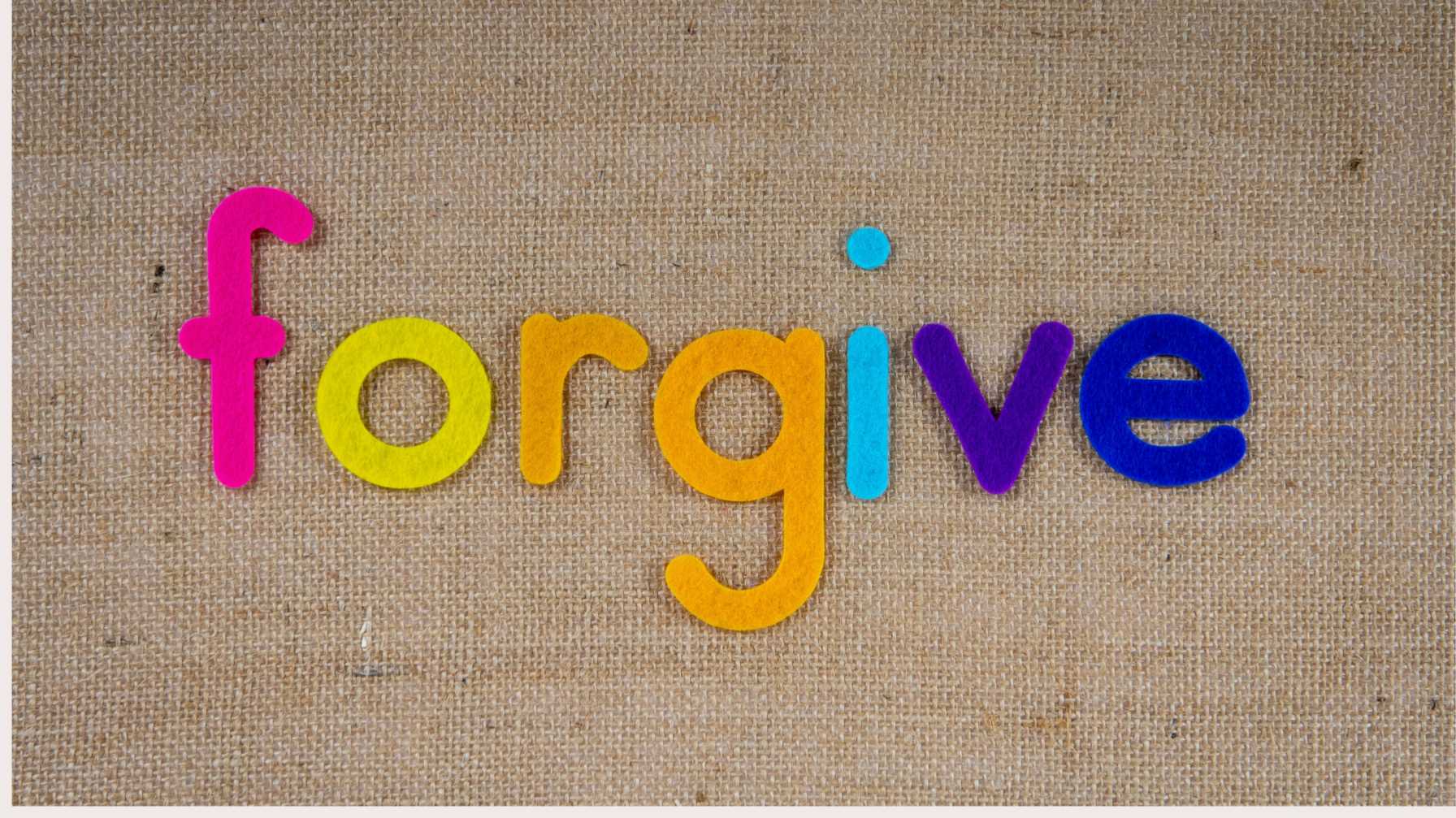We’ve all been there: lying awake at 3 a.m., replaying that conversation, that betrayal, or that harsh word. You might have experienced that holding onto emotional pain can feel like carrying a 50-pound backpack. But what if I say, “Forgiveness isn’t about excusing bad behavior—it’s about freeing yourself.”.
Let’s learn more about this theory. This blog post combines proven psychology, real-life strategies, and a dash of empathy to help you heal from the emotional pain. If you’re struggling with how to forgive someone who hurt you emotionally or wondering how to let go of resentment, then you must try out the measures given in the blog post. Let’s start unpacking that heavy baggage.
Understanding Forgiveness: What It Is (And What It Isn’t)
Forgiveness is often misunderstood. Let’s clear the air:
- What forgiveness IS:
- A choice to release anger and resentment.
- A process (not a one-time event).
- A gift to yourself—not the person who hurt you.
- What forgiveness ISN’T:
- Condoning harmful actions.
- Forgetting the hurt.
- Requiring reconciliation.
A 2021 Stanford University study found that people who practice forgiveness experience 30% less stress and report stronger relationships. Yet, only 49% of people actively try to forgive others, according to the APA. Why? Because it’s hard. Let’s break down why.
Why It’s So Hard to Forgive Someone Who Hurt You
The Brain’s Role in Holding Grudges
Your brain’s amygdala (the “alarm system”) flags emotional pain as a threat, triggering fight-or-flight. Over time, replaying hurtful memories becomes a mental habit. Neuroscientist Dr. Rick Hanson explains, “Negative experiences stick like Velcro; positive ones slide off like Teflon.”
Common Roadblocks to Forgiveness:
- Fear of vulnerability (“What if they hurt me again?”).
- Belief that anger protects you (spoiler: it doesn’t).
- Waiting for an apology (which may never come).
Cultural and Social Myths About Forgiveness
Society often frames forgiveness as a “virtue” for the morally superior. But this pressure can backfire. For example:
- Myth: “Forgiveness means you’re weak.”
Truth: It takes courage to confront pain and choose growth. - Myth: “Time heals all wounds.”
Truth: Time plus intentional effort heals. Passive waiting rarely works.
How to Truly Forgive Someone Who Hurt You: 7 Science-Backed Steps
Step 1: Name the Pain (Without Judgment)
Before learning how to forgive someone who has hurt you, acknowledge your feelings. Journal prompts:
- “What exactly hurt me?”
- “How did this impact my life?”
Example: “When my friend canceled plans last minute, I felt abandoned.”
Why this works: Labeling emotions reduces their intensity, according to UCLA psychologist Dr. Matthew Lieberman.
Step 2: Shift from Victim to Survivor
A UCLA study found reframing pain as a growth opportunity reduces bitterness. Try:
- “This hurt me, but it doesn’t define me.”
- “I’m learning to set healthier boundaries.”
Case Study: Sarah, a 32-year-old teacher, reframed her divorce as a chance to rediscover her independence. She says, “I stopped asking, ‘Why me?’ and started asking, ‘What’s next?’”
Step 3: Practice Empathy (Yes, Even for Them)
This doesn’t mean justifying their actions. Instead, ask:
- “What pain might they have been carrying?”
- “Were they acting from fear or insecurity?”
As Buddhist teacher Jack Kornfield says, “Hurt people hurt people.”
Example: A colleague’s harsh criticism might stem from their own job insecurity.
Step 4: Write a “Burn Letter”
Pour your anger into a letter—then safely burn or tear it up. This ritual signals release.
Pro Tip: Add symbolic elements, like writing with a red pen (representing anger) or playing calming music during the ritual.
Step 5: Set Boundaries (If Needed)
Forgiveness ≠ tolerating repeat harm. Say:
- “I forgive you, but I need space to heal.”
“Does Forgiving Mean I Have to Trust Them Again?”
Nope! Trust is earned; forgiveness is given. You can forgive without reopening the door to toxicity. Think of it like this: Forgiveness is letting go of the anchor; trust is deciding whether to invite them back on your boat.
Step 6: Focus on Self-Compassion
A 2022 Harvard study showed that self-compassion speeds emotional recovery. Try daily affirmations:
- “I deserve peace.”
- “My worth isn’t tied to their actions.”
“What If I Keep Relapsing Into Anger?”
Totally normal. Healing isn’t linear. When anger resurfaces, pause and say, “I notice I’m upset. Let me breathe and remind myself I’m safe now.”
Step 7: Celebrate Small Wins
Forgiveness isn’t linear. Did you go an hour without ruminating? That’s progress! Track milestones in a journal or share them with a supportive friend.
How Long Does It Take to Forgive Someone?
There’s no deadline. For minor hurts, days; for deep betrayals, years. Research by Dr. Frederic Luskin (Stanford Forgiveness Project) found that 6-10 weeks of structured practice helps 70% of people significantly reduce anger.
“What If They Never Apologize?”
Focus on what you control: your healing. Forgiveness is your journey, not theirs. As author Desmond Tutu said, “Without forgiveness, we remain tethered to the person who harmed us.”
The Mental and Physical Health Benefits of Letting Go
Studies link forgiveness to lower rates of anxiety, depression, and chronic pain. For example:
- A 2020 Journal of Health Psychology report found that participants who forgave others had 20% lower cortisol levels (the stress hormone).
- Forgiveness improves sleep quality by reducing nighttime rumination, per a 2019 study in Psychology Today.
“How to Let Go of Someone Who Hurt You in a Relationship?”
Redirect energy to self-care: therapy, hobbies, and supportive friends. Think of it as rebuilding your world, not waiting for closure from theirs.
Tool Suggestion: Apps like Calm or Headspace offer guided meditations focused on releasing resentment.
When to Seek Professional Help
If you still think forgiveness feels impossible despite your efforts, then consider therapy. You can try Cognitive Behavioral Therapy (CBT) or Acceptance and Commitment Therapy (ACT) to reframe painful thoughts. As therapist Dr. Emily Roberts notes, “Sometimes, a neutral guide can help you untangle emotions you didn’t even know were there.”
Conclusion: Your Peace Is Worth the Work
Sometimes learning how to forgive someone who hurt you emotionally isn’t about weakness but also about reclaiming your power. Every small step toward letting go will lighten your emotional load.
Share this content:




